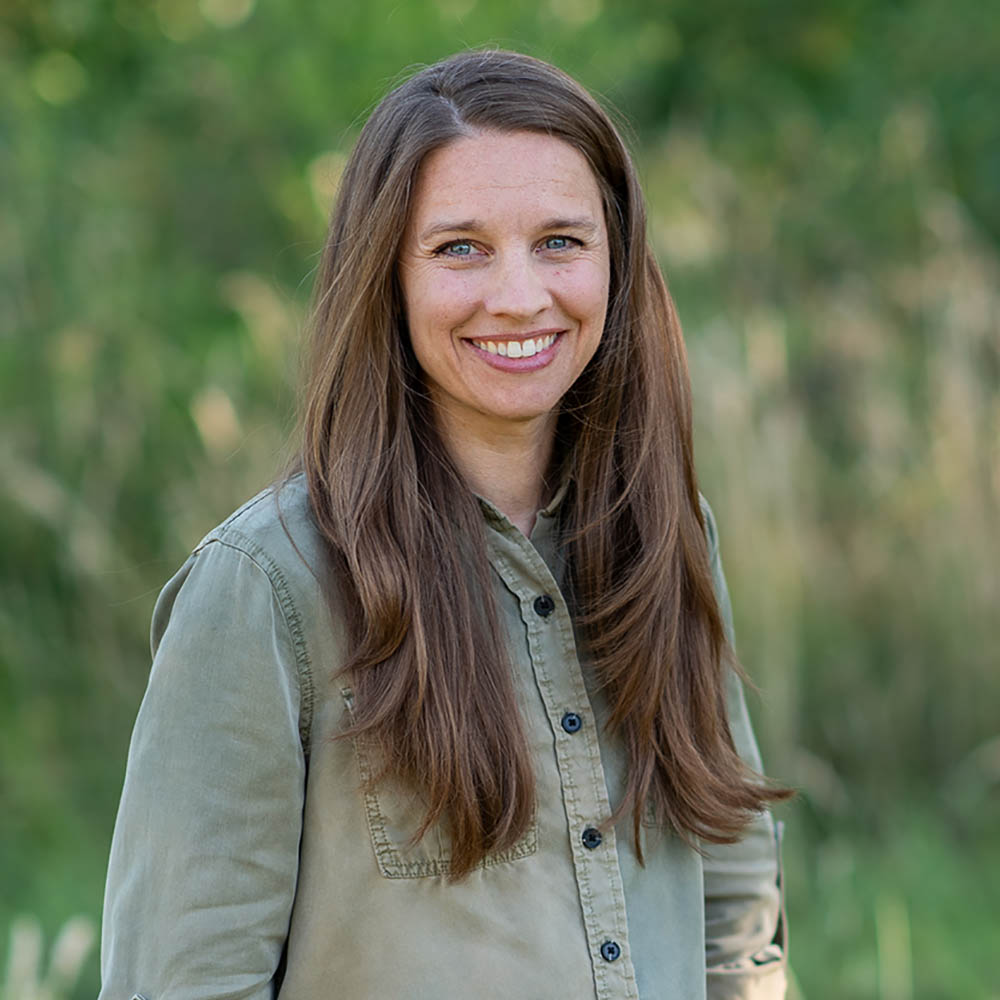Not Accepting New Clients
My focus is on offering families and perinatal clients compassion, empathy, and understanding while using evidence-based therapeutic tools to help them address the challenges that arise in familyhood. Pregnancy, parenting and childhood can be overwhelming and exhausting. I strive to strengthen and empower families while they are experiencing complicated home dynamics, unexpected changes or loss, and mental health struggles. My highest priority is building a strong alliance with clients through unconditional positive regard.
Lorna works with children, tweens, teens, parents, and perinatal clients, Ages 4+
Lorna Castleton-Carman, CSWA
Clinical Social Work Associate
Masters of Social Work
Supervisor: Dawn Williamson, LCSW, RPT-S
Insurances Accepted
- PacificSource Community Solutions OHP
- Trillium OHP
- Oregon Health Plan DMAP/Open Card
- PacificSource Health Commercial Insurance
- MODA
- Providence
- Regence / BlueCross
- Cash pay
What I'm Like as a Therapist
I connect with people easily and children tend to gravitate toward me because I take their feelings seriously but don’t take myself too seriously. I value the importance of playing, creating, and laughing in the therapeutic process. I see the role of the primary caregiver/s as the expert observer of their child and hope to offer them practical tools to help troubleshoot points of conflict in the home. I love to tailor treatment plans around the client’s (and their parent’s) strengths. Each person has so much to offer their families and communities; exploring and building on their strengths is an empowering therapeutic experience. I also love working with people who are navigating the nuances of changing bodies, changing relationships, and changing roles associated with pregnancy and post partum life and/or who are processing traumatic birth experiences. I am grateful to be a part of the parenthood journey.
Personal Interests
I love making art, dancing, singing, and learning new skills (like playing the violin) or developing old ones (like practicing the piano). I love spending time with my family – from reading with my six-year-old to listening to the social commentary of my twenty-year-old and everyone in between. I love uninterrupted conversations while on dates with my partner. I love snuggling with our dogs and I love the feeling at the end of a day of hard work in my garden.
"You can’t go back and change the beginning, but you can start where you are and change the ending."
AREAS OF EXPERTISE
Children
It’s important to use developmentally appropriate treatment for children. It’s easy to forget that children are not mini adults. They primarily use nonverbal communication to express and process their sadness, fear, and frustration. I use play therapy and expressive art techniques as my main tools when working with children to meet them where they are developmentally. These therapies have proven effective in supporting them through a wide range of challenges.
Parents
Change in one family member is a group effort. I feel it’s important to collaborate with parents and to be pragmatic in planning behavior management modifications. Parents can feel they are floundering and may not know how to respond to their child’s unique challenges. It’s essential that they feel supported and empowered with helpful tools as they face unchartered parenting territory.
Childhood Neurodivergence
Neurodivergence comes with strengths and struggles. Research has shown that parents of neurodivergent children need to use different types of behavior management to guide them into adulthood with lower rates of anxiety and depression. The path through school also has unique challenges that I can help navigate. I believe it’s essential that parents have appropriate support and information and that children have the resources they need to thrive.
Perinatal
People in the perinatal period of life experience unique changes and challenges. This is a time when mental health struggles can surface where they were previously non-existent or pre-existing mental health diagnoses can be exacerbated by shifting hormones, pregnancy sickness or disability, birth trauma, parenting fears, or the exhausting needs of a new baby. I use cognitive behavioral therapy, attachment therapy, and narrative therapy to help clients experience a successful transition through this stage.

